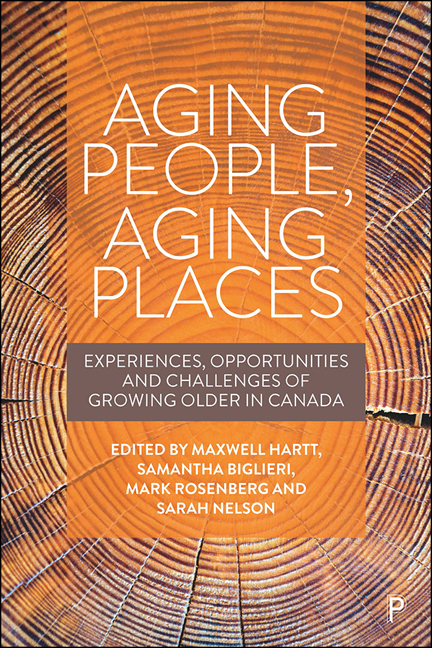17 - Pursuing pathways to care: dementia and aging in Indigenous communities
Published online by Cambridge University Press: 18 December 2021
Summary
Introduction
Pursuing pathways to care is critical in the movement towards genuinely addressing the health status, and its relationship to dementia amongst Indigenous older adults in their communities. The proportion of Indigenous older adults who are above 65 years of age continues to rise despite the numbers being lower than for their non-Indigenous counterparts. In 2016, the population Indigenous older adults above 65 was 7.3% compared to 4.6% in 2006, and this is expected to double by 2036 (Statistics Canada, 2017). Along with an aging population, there is also an increase in the rates of dementia among Indigenous Peoples in Canada (Jacklin et al, 2013). Dementia can represent a concern for families, preventing individuals from aging in place and causing distress to individuals and their caregivers. People living with dementia in rural communities experience a dearth of dementia care and services (Jacklin and Warry, 2012). The lack of access to dementia services and specialists in rural communities further exacerbates families’ ability to care for their loved ones at home. Understanding the needs of individuals living with dementia, their families, and culturally safe dementia services can be explored through community-based research. A new aspect of dementia care in the twenty-first century is the introduction of technology, which can now be used for anything from remote access to medical appointments to aiding the at-home continuing care of patients. However, many older adults, especially Indigenous older adults living in rural or remote communities, lack the skills and infrastructure to access this technology. This chapter presents an examination of dementia among Indigenous peoples, including dementia care, and rural access to care. This is further substantiated with an example of community-based research (in the form of sharing circles and one-on-one interviews) completed by the Morning Star Lodge of Regina, Saskatchewan, in the File Hills Qu’Appelle Tribal Council's (FHQTC) 11 First Nations communities to better understand the support needed for Indigenous older adults living with dementia.
Rising rates of dementia
There has been a rapid increase in dementia rates among Indigenous communities in Canada in recent years. It has been documented that the rates of dementia are 34% higher than that of non-Indigenous people (Jacklin and Warry, 2012; Jacklin and Walker, 2019).
- Type
- Chapter
- Information
- Aging People, Aging PlacesExperiences, Opportunities and Challenges of Growing Older in Canada, pp. 205 - 218Publisher: Bristol University PressPrint publication year: 2021



